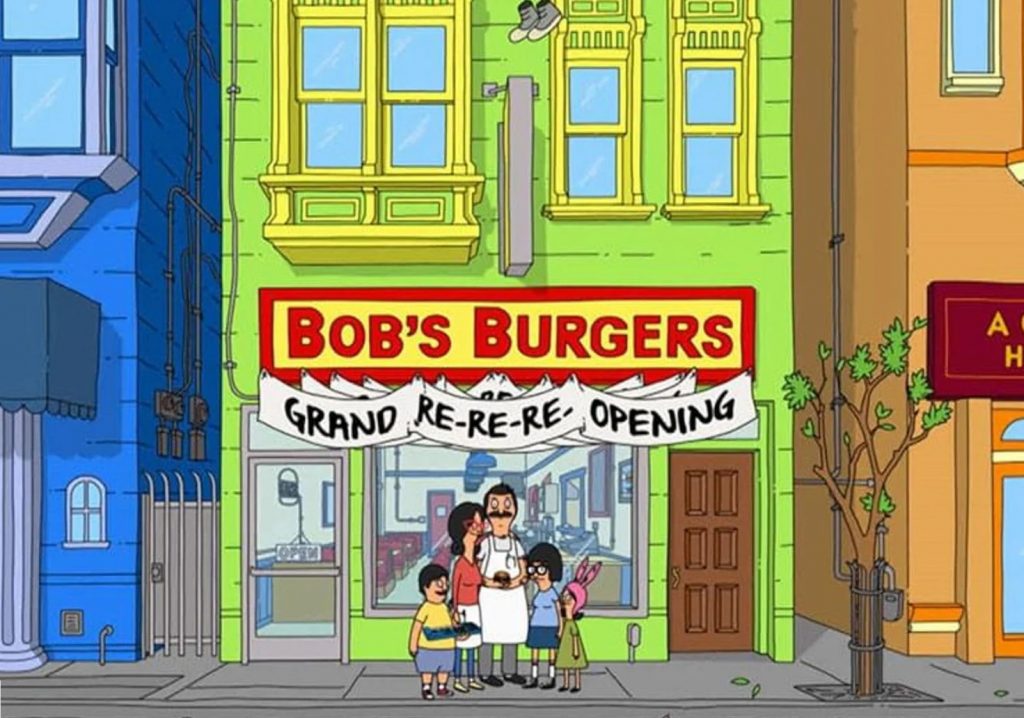Of course, just as I decided to relaunch and combine all this stuff, my life turned into pure chaos and stress…
Anyway, here’s the April newsletter. In May. The goal (moving forward, ha ha ha) is to put it up on Substack, then put it up here a week later. And maybe at some point, ehhhh… maybe I’ll just phase out Substack. I think a lot of us are already getting newletter fatigue. Let’s be honest–how many of the one you’re subscribed to do you actually open?
But for now, newsletter goes out on the middleish-of-the-month Monday, gets reposted here on the following Monday (without this introductory explanation), and Thursdays will be normal ranty writing blog stuff. Sound good?
All that said…
* * * *
Oh, hey, there.
Wait, there’s even more of you? How did that happen? No, no, never mind. We’ll make it work somehow.
Let’s just get to it, shall we?
You may remember from last time, I’d sent one project. GJD, off to a few beta readers. At this point, I’ve heard back from most of them, so May will be the month of notes and editing and probably sushi. Which means—if all goes well—my agent will be shopping that book around this summer.
I’m a little over 31K into the new book, the one after GJD. I think we’re calling this one TOS. And I just realized if you follow me on the social media you may have figured those initials out by now. Anyway, not a ton since last month, I know, but the horrible truth is, I’m a self-taught typist and I’m kind of awful. Seriously, I’m maybe three steps above hunting-and-pecking. My handwriting’s awful, too. So yeah… transcribing a full legal pad can take some time. As I mentioned last time, though, this also serves as an early light editing pass.
Oh, and I’m working on an updated version of the FAQ—also on the website—to get a lot of answers out there.
And there’s a few small projects that are still small and not quite worth talking about yet. But maybe soon. Relatively speaking.
Other news…
Some of you from the Twitterverse may have watched the end of Saturday Geekery this past weekend. If you didn’t know, it was just me live-tweeting B-movies and pointing out what I saw as frustratingly bad storytelling/filmmaking issues (and giving credit when I stumbled across a little gem of a movie). I’d been doing it for seven years, but to be honest… it wasn’t as much fun as of late. There were times it was, sure. And there were times I got something out of it myself (like the core idea for a book).
But more often than not, for the past year or so, the thing that was supposed to be my day-off relaxation activity just left me feeling… tired. On a few levels. Sometimes even stressed out. It had become more of a self-imposed obligation than an enjoyable activity. Add on the general chaos of Twitter lately—reach being throttled, algorithms manipulated in foolish ways, never being sure which features will work at any given point—and it was just time to end it. And by sheer luck it ended almost exactly seven years to the day from the first time I did it. So I look like I was smart and had a plan.
Forget that whole thing I just said about sheer luck. Very smart, absolutely had a plan.
I mean, this isn’t saying I’ll never, ever live tweet a movie again (or whatever it’ll be called on whichever social media platform we all end up on—live toot? Live shout? Live barf?). But if I do, they’ll be movies I love and enjoy, ones where I can name names. Maybe toss out random fun facts I happen to know. ComicCon weekend’s always a good time for a watch-along, right?
Hey, speaking of movies and TV shows I really enjoy…
Cool Stuff I’ve Been Watching— Lockwood & Co, Star Trek: Picard, The Mandalorian, finally saw Encanto
Cool Stuff I’ve Been Reading— The Murderbot books by Martha Wells. Something new from Scott Sigler I don’t think I can talk about quite yet. Also just got the last Silvers novel from Daniel Price. Really, I’ve been working my way through a big pile of books-to-blurb.
Cool New Toys – The new Nebula and Rocket for Guardians of the Galaxy 3. I also got a few of the new Disney wave collectible minifigs from LEGO (626-Stitch, Mulan, and Doctor Faciler)





